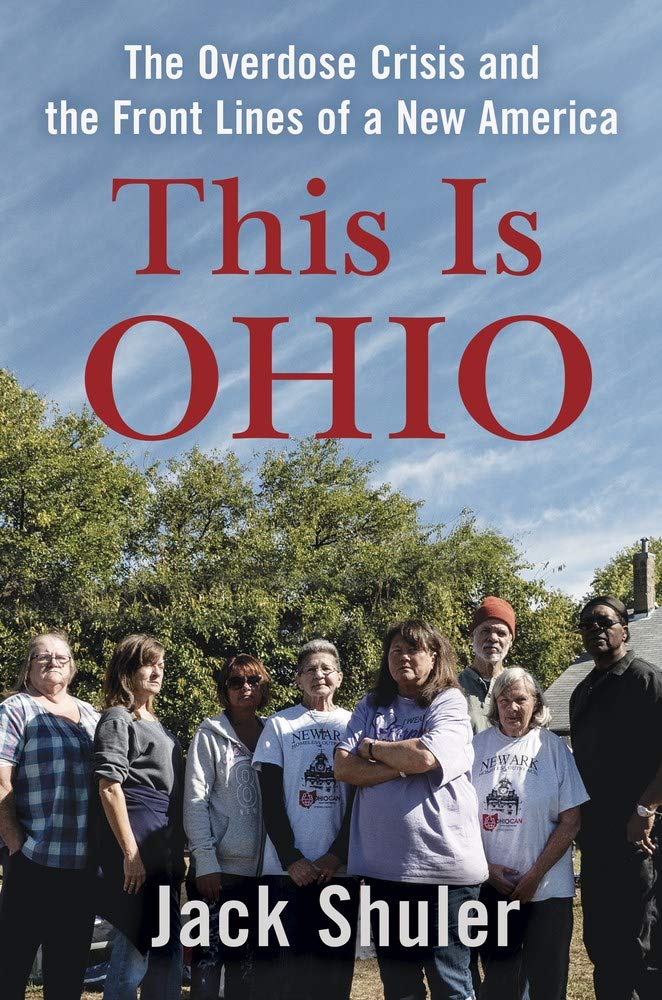About this item
Every overdose is a policy failure. Such is the guiding element of journalist Jack Shuler's new book, one that explores the current addiction crisis as a human rights problem fostered by poverty and inadequate health care. Tainted drug supplies, inadequate civic responses, and prevailing negative opinions about people who use drugs, the poor, and those struggling with mental health issues lead to thousands of preventable deaths each year while politicians are slow to adopt effective policies. Putting themselves at great personal risk (and often breaking the law to do so) , the brave men and women profiled in This Is Ohio -- a coalition of people who use drugs, mothers, and allies -- are mounting a grassroots effort to combat ineffective and often incorrect ideas about addiction and instead focus on saving lives through commonsense harm reduction policies. Opioids are the current face of addiction, but as Shuler shows, the crisis in our midst is one that has long been fostered by income inequality, the loss of manufacturing jobs across the Rust Belt, and lack of access to health care. What is playing out in Ohio today isn't only about opioids, but rather a decades-long economic and sociological shift in small towns all across the United States. It's also about a larger culture of stigma at the heart of how we talk about addiction. What happens in Ohio will have ramifications felt across the nation and for decades to come.



